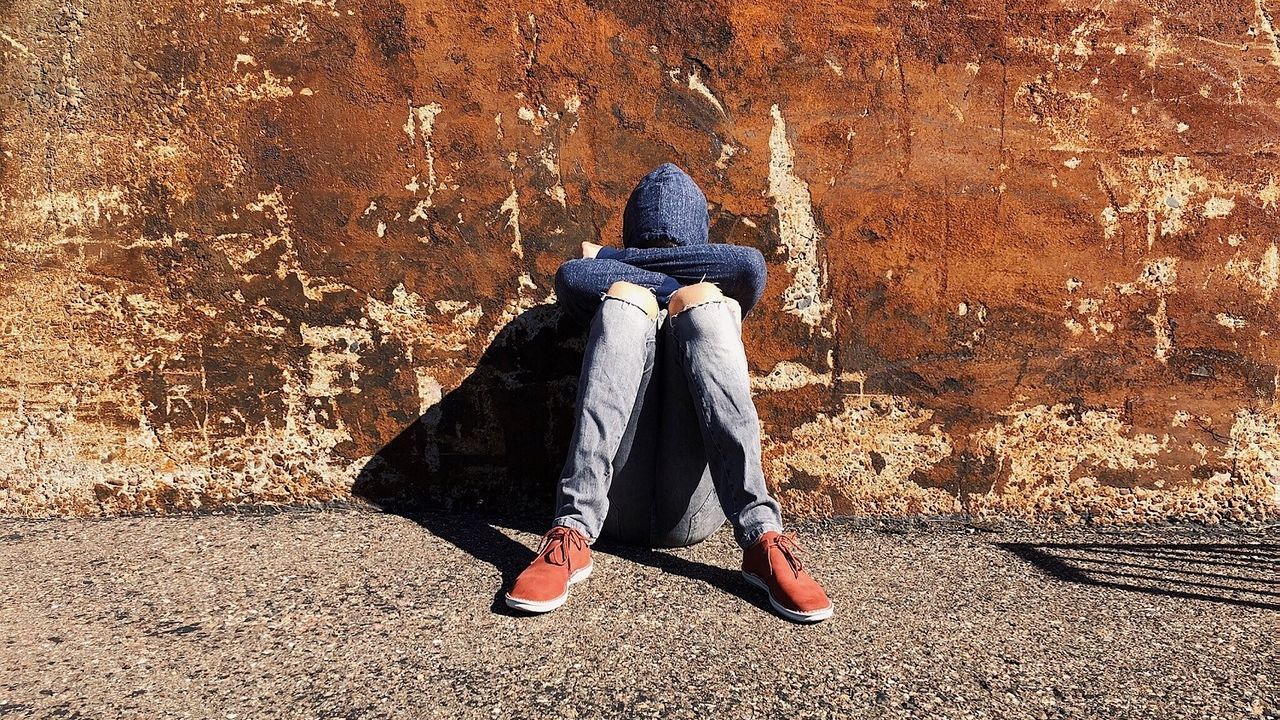A third still silences them, half do not ask for help and 40% have zero confidence in the support that their school counselor can give them, according to a Unicef study.
09 Oct 2024 . Updated at 05:00 a.m.
Spain has a serious mental health problem among adolescents. Doctors and psychologists have been warning about it since the end of the pandemic, who notice it in their daily lives, and it is confirmed by expert studies. The last concrete and worrying data was provided today by Unicef. One in four boys between 13 and 18 years old claims to have suffered or suffer from some type of psychological disorder in the last twelve months, according to interviews carried out together with researchers from the University of Seville with almost 5,000 schoolchildren from 168 institutes throughout the country. country.
The work does not specify the prevalence of specific disorders, but the researchers clarify that there is everything from problems such as repeated discomfort, low self-esteem or stress to more serious issues such as anxiety, depression, self-harm or eating disorders. Of the 41% who confess psychological problems, Half assure that they will suffer from them without a doubt and the other half think that they have them or have had them.
Although the work shows that adolescents are increasingly speaking more freely about their mental problems, that stigmatization and shame are losing ground, the truth is that almost four out of ten still silence their disorders and that half do not ask for help to solve them.
The majority reasons for this silence are that they do not want their family to find out or that they think it is better to wait and see, but 40% do not request help because they do not know who to ask for it or where to do it. And this is where they reveal a very worrying fact. Four out of ten do not go to the counselor or wellness coordinator at their center, the theoretically closest support, because You believe that the possibility of it helping you with your illness is low or very low.
Sanidade will increase child and youth mental health care up to 18 years of age
R. Dominguez
They have no confidence in this new teaching figure. They see them as someone overwhelmed by other bureaucratic tasks and that, due to their small number and poor training, they do not have time for direct contact and listening to the students. «We need a friendly, close and trustworthy counselor. “What is not there,” denounced Alae, a 16-year-old student from Fuenlabrada (Madrid), one of the young Spanish women who advises and works with Unicef.
The positive part is that each year Spanish adolescents show less prejudice towards mental problems, theirs or those of their peers, relationships and conversations that for the most part they have normalized. This is demonstrated by the fact that eight out of ten claim to have no problem being friends with those who need to visit a psychiatrist or psychologist and that Only 15% would be bothered if there was a mental health center on their street.
Spanish schoolchildren point out several risk factors as triggers for their disorders. Among the personal ones, low self-esteem, the consumption of alcohol or other drugs, illnesses and economic difficulties. Among the external ones, two stand out in particular: bullying (both in person and digital) and family problems. On the other hand, as elements that prevent psychological damage they cite good sleeping and eating habits and practicing exercise and having an environment of trust, with a good relationship with parents and friends, in which they do what they like.
A chapter that is ambivalent, both angel and demon, is that of social networks and the Internet, where teenagers navigate daily. On the one hand, the information and opinions of experts and professionals that they have accessed through this means have helped them understand and channel some of their problems and normalize mental health conflicts. But, on the other hand, these channels are a source of discomfort and psychological problems for at least a third of those interviewed, especially for girls.
Girls, more affected
They also regret that the only positive content that many influencers They upload to the networks, which draw perfect lives without psychological problems, make them feel bad and pressure them to falsify their reality and also pretend to have a health and idyllic life that they do not have in order to give a better image among their colleagues and friends. Likewise, until 75% of girls and 51% of boys They say they feel bad and pressured by the ideal physical stereotypes that most digital content creators extol.
Unicef, in view of the results, makes several recommendations. The first, the need to reinforce the prevention and early detection of these childhood or youth problems in health centers and schools and to improve specialized care. Secondly, he believes that it is necessary make a leap in the number and training of counselors and well-being coordinators of the institutes, so that they are a real support for the students. They also demand more support for families, more direct listening to adolescents and measures that promote social networks that transmit emotional well-being and not problems.
